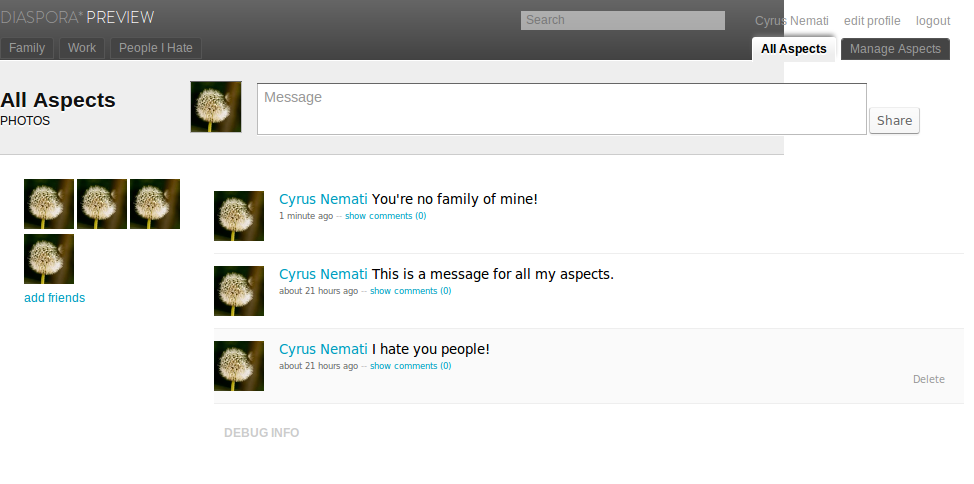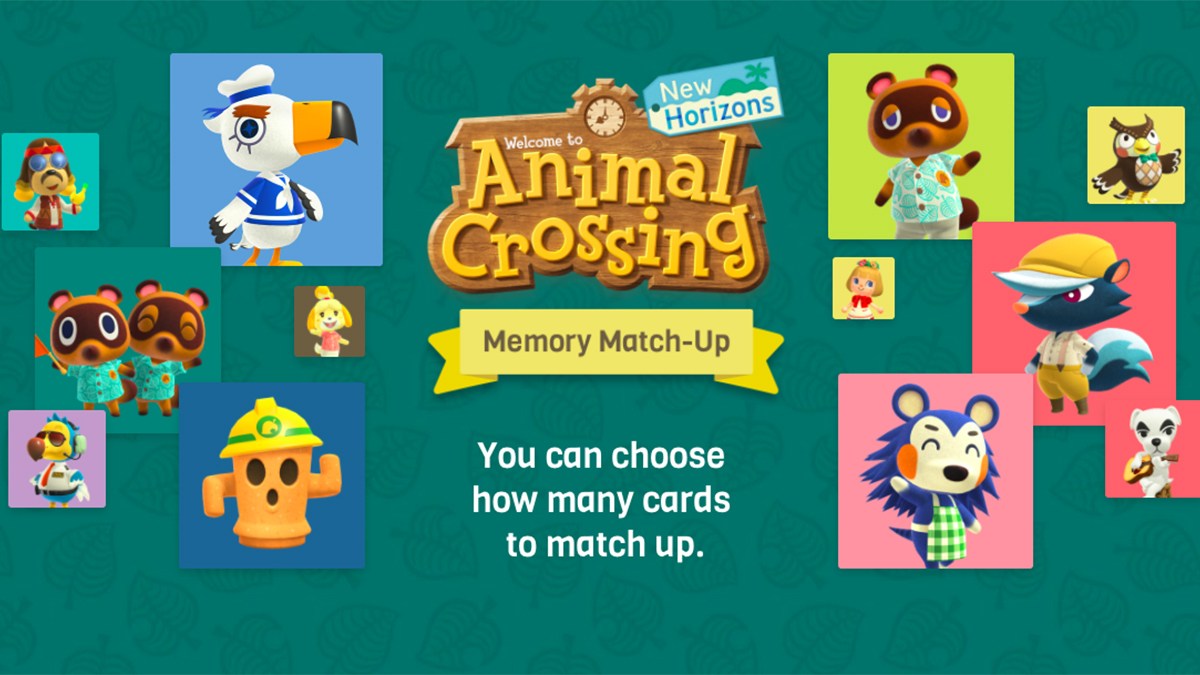

Let me begin by saying I’m not a parent – and this is probably a good thing. When I was a li’l tyke, things were different; the Internet was still an uncharted frontier that my parents were relatively content to let me explore. I would switch between BBS services, hop on IRC chat, and work with a DOS interface, so I felt that if I had the technical know-how to find what I wanted online, I’d earned it. If I were a father now, I’d be inclined to let my hypothetical ankle biter follow the same route. However, the bar for entry for online services is much lower, and the Internet is no longer traversed as anonymously as it was during my youth, so even the most precocious children need some guidance to navigate it sensibly.
[This is a guest post by Cyrus Nemati, web producer for the Center for Democracy & Technology.]
Kids of the modern Internet era don’t have to jump through hoops to initiate conversations with strangers or share loads of personal information about themselves to marketers. Today’s social networks are hungry for personal information, and they make it incredibly easy (and even fun) to share it. You’re a geek – you understand moderation in online sharing and tweaking privacy settings. But since you can’t expect the same of your children for a while, what should you do? Ban social networking and be the uncoolest of the uncool parents? Watch your children like a hawk, only to have them defy you utterly and enter a downward spiral into smut, drugs, and crime? Okay, maybe those aren’t the only choices, but wouldn’t it be great if there were an alternative? Enter Diaspora.
The Great Privacy Hope
Diaspora is the open-source answer to today’s information-gobbling social networks. Created in response to growing privacy concerns, Diaspora is designed to be a do-it-yourself social network that is as private as you want it to be, but with all the functionality of the current crop of major social networks.


At first glance, it looks rather similar to any other Web 2.0 social network. There are definitely some rough patches, as Diaspora is currently in a pre-alpha stage (you can read about it in my review on CDT’s website ). Here are the basics, though: Diaspora’s main draw is that you have complete control over all data going into it; if
you aren’t happy with something you uploaded, just remove it. Since your Diaspora account can run exclusively from your personal server, you’re removing your data from the entire Diaspora network, and no one will ever see it again. Another draw is that Diaspora separates friend groups into “aspects.” Aspects are a bit like the groups that Facebook allows users to separate their friends into, except Diaspora’s aspects exist as entirely separate entities. People listed in one of your aspects don’t even have to know that any other aspects exist. Your children can “friend” you without being embarrassed in front of their friends! For now, each separate aspect has its own “wall” and its own pictures area, and there is more to come as Diaspora continues to develop.
What’s Next?
Diaspora is poised to be a real social network contender; however, a few improvements could really make Diaspora a gold standard for family-safe social networking. For instance, it would be good to see aspect-specific identities. Your child could be listed by his or her real name to the Family aspect, by a nickname to the Friends aspect, and by a pseudonym to the open Web (if you choose to allow such an aspect). The ability to restrict features for particular aspects would also be welcome as a parental control (such as allowing a child to share pictures with family, but not with friends). If you have more ideas, feel free to send them to the Diaspora team.
Diaspora has a way to go before it can contend with today’s major social networks, but it acts as a reminder that the means exist to take back our privacy. User control is what we want as Internet users and what parents need, so it’s heartening to see the open-source community step up this way. With luck, Diaspora’s good example will inspire its competitors to provide more user control. Be sure to check out our Take Back Your Privacy campaign to see how you can demand online privacy for you and your child. If you have questions about Diaspora, please ask in the “Comments” section, and I’ll do my best to answer them from a user’s perspective.

